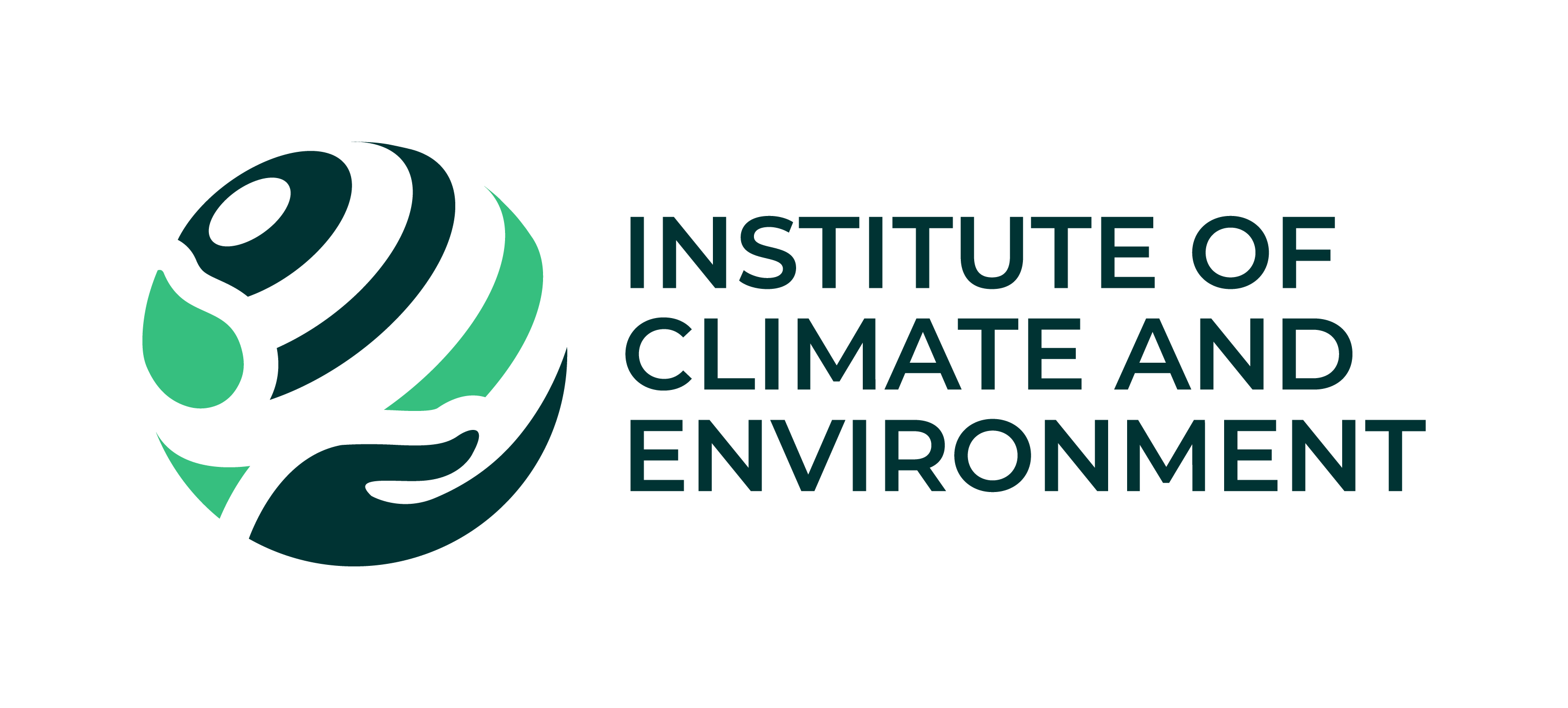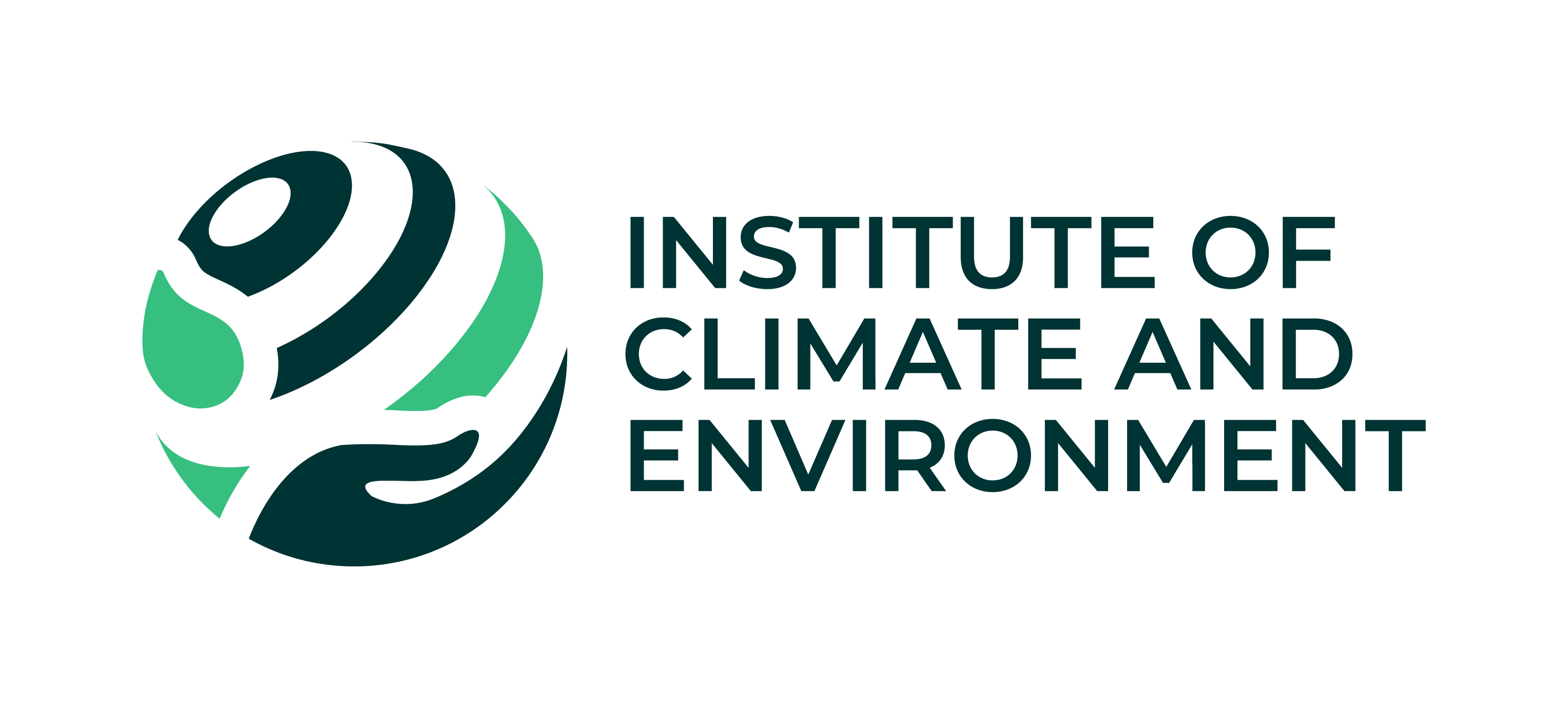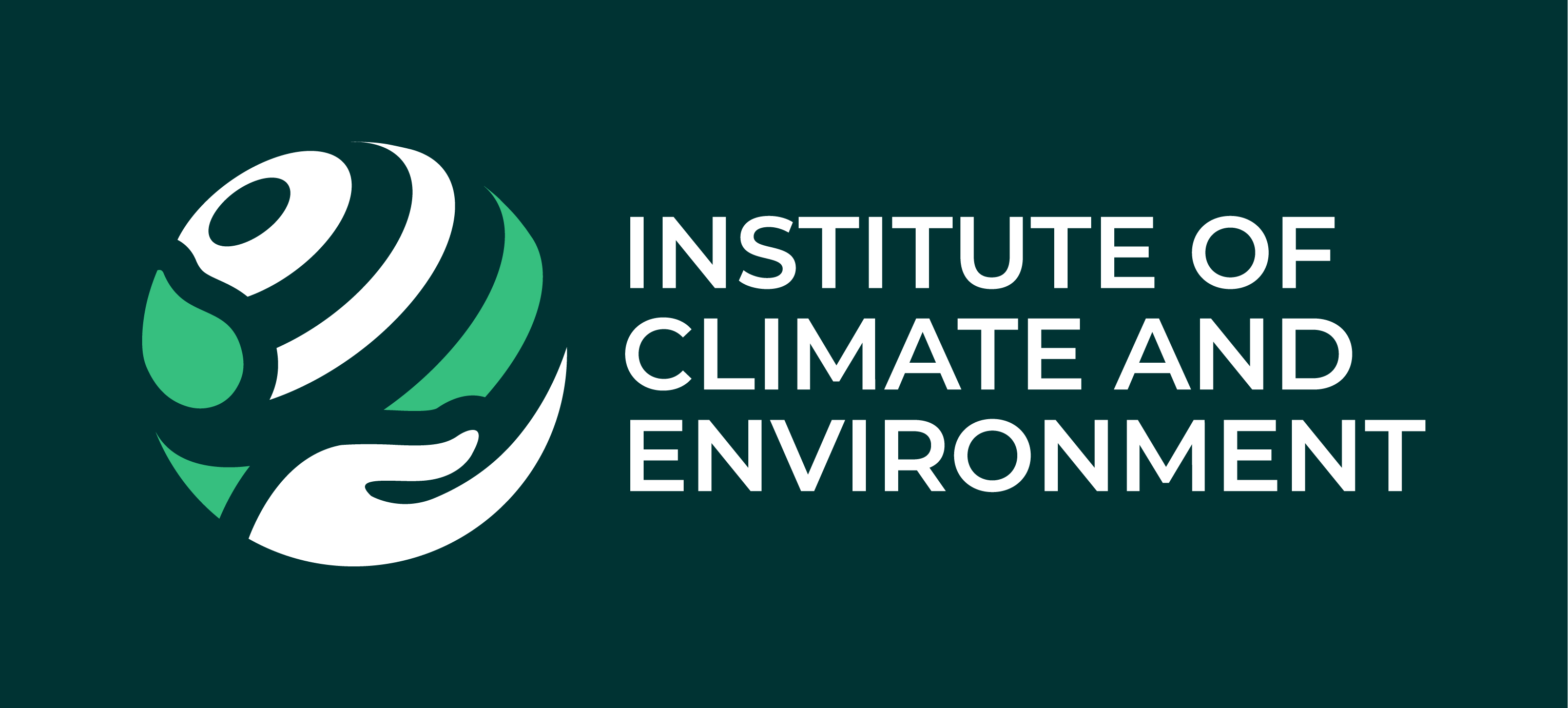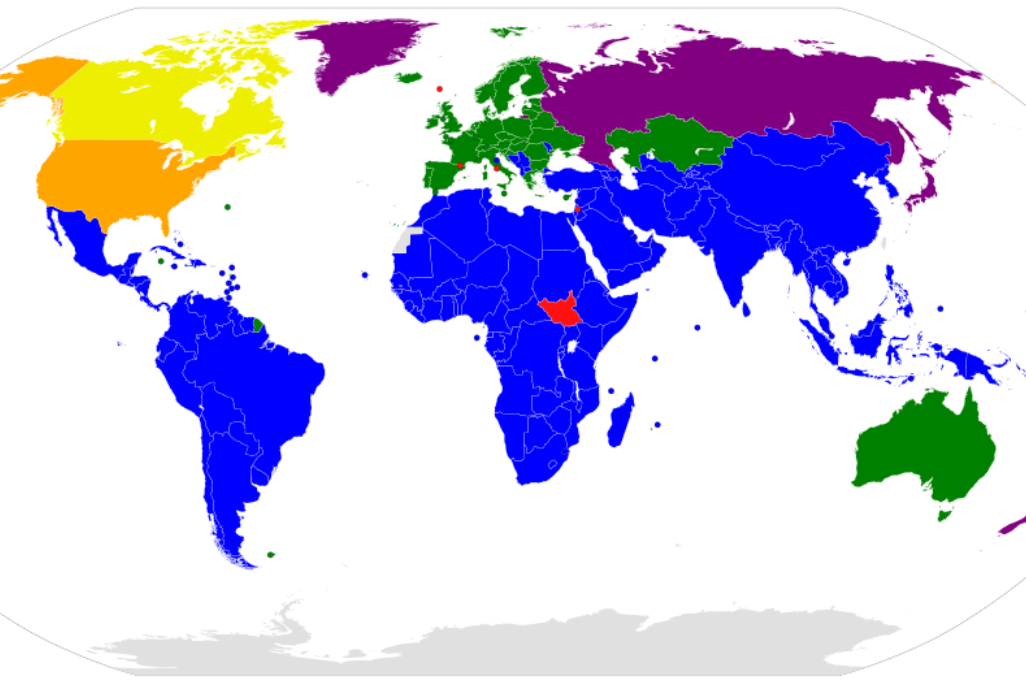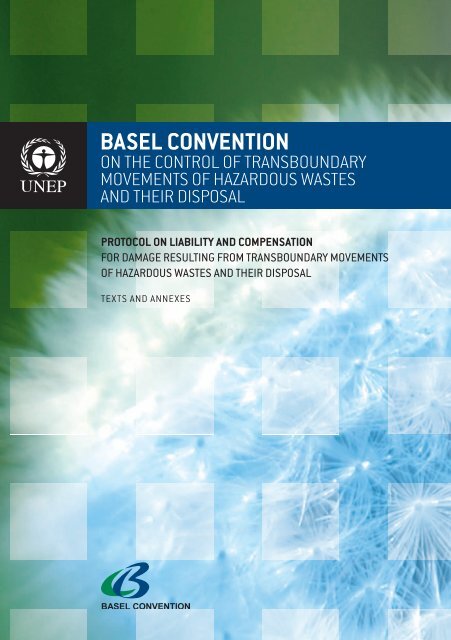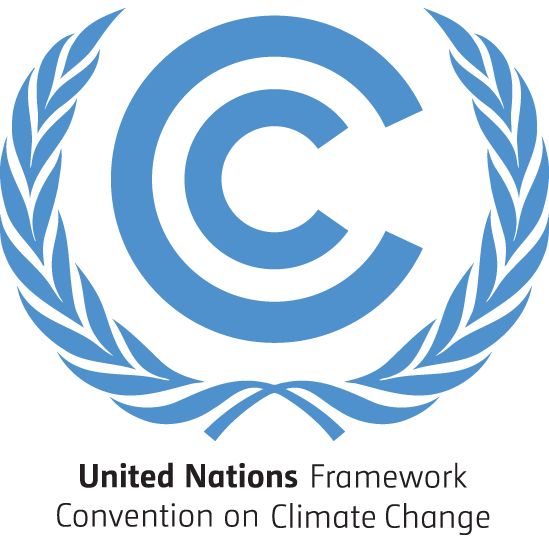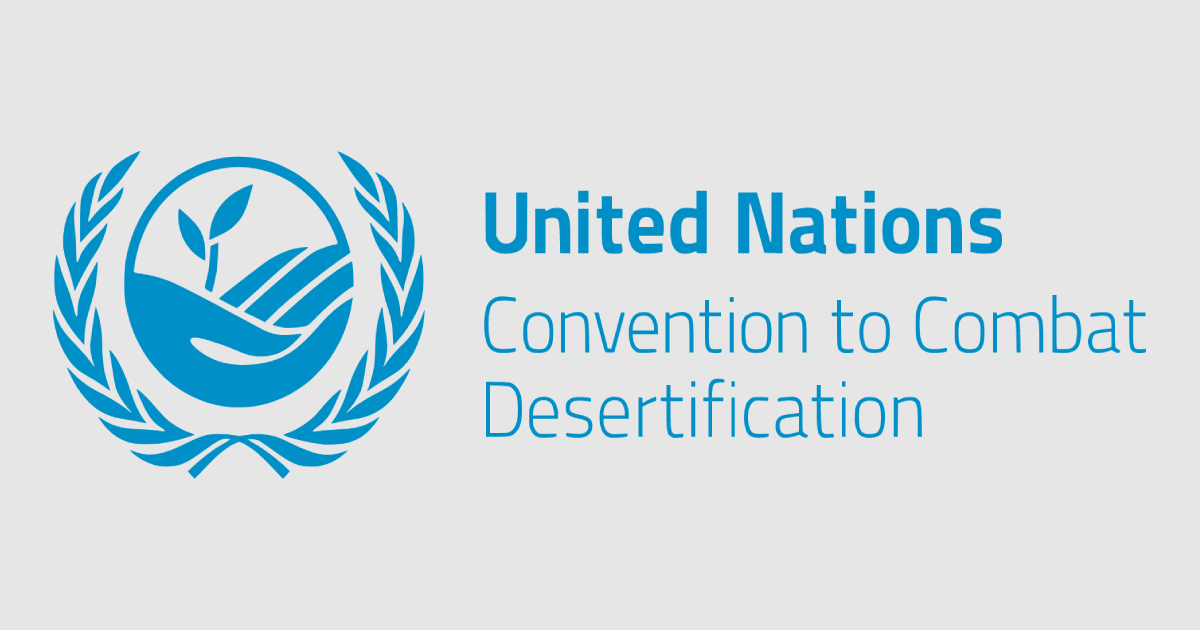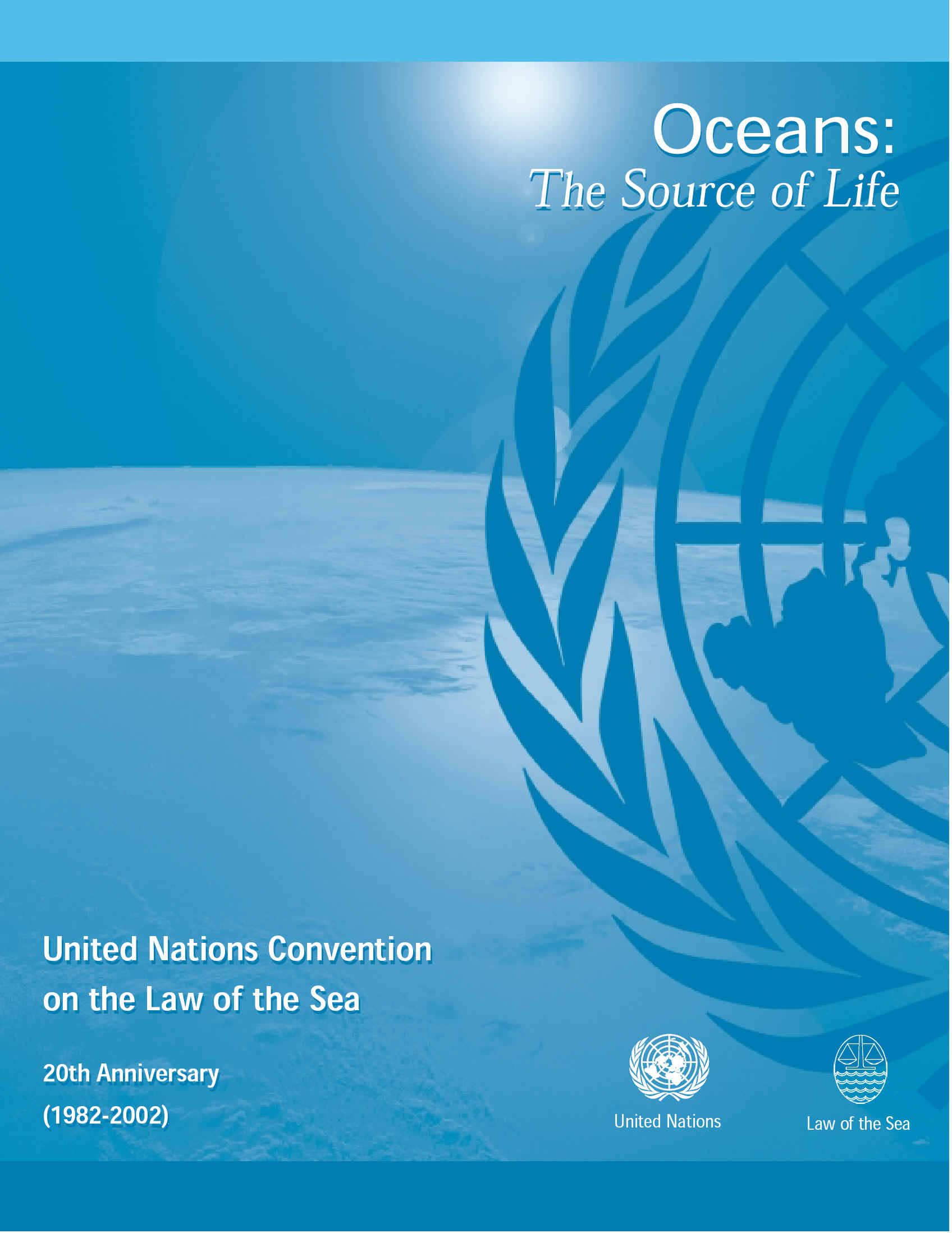Stockholm Convention on Persistent Organic Pollutants
The Stockholm Convention on Persistent Organic Pollutants (POPs) is an international treaty established to address the harmful effects of certain toxic chemicals that persist in the environment, bioaccumulate in living organisms, and pose risks to human health and ecosystems. The convention aims to eliminate or restrict the production, use, and release of these POPs,
Kyoto Protocol to the United Nations Framework Convention on Climate Change
The Kyoto Protocol is an international treaty linked to the United Nations Framework Convention on Climate Change (UNFCCC). It was adopted in 1997 and came into force in 2005. The protocol aimed to address global climate change by setting legally binding emission reduction targets for developed countries. These targets were collectively known as “quantified emis
The Cartagena Protocol of the convention on biological diversity
The Cartagena Protocol on Biosafety is an international treaty under the Convention on Biological Diversity. It addresses the safe transfer, handling, and use of living modified organisms (LMOs) resulting from modern biotechnology, to ensure the conservation and sustainable use of biodiversity. The protocol promotes information sharing and risk assessment, aiming to m
Basel Convention on the Control of Transboundary Movements of Hazardous Wastes and their Disposal
The Basel Convention on the Control of Transboundary Movements of Hazardous Wastes and their Disposal has been a part of the international environmental agenda since the early 1980s. It was included as a priority area in the United Nations Environment Programme’s first Montevideo Programme in 1981. Adopted on March 22, 1989, in Basel, Switzerland, the […]
Convention on Biological Diversity
The Convention on Biological Diversity (CBD) is an international treaty established in 1992 at the Earth Summit in Rio de Janeiro. Its primary goal is to promote the conservation of biodiversity, the sustainable use of its components, and the fair and equitable sharing of benefits arising from genetic resources. The CBD aims to address the […]
United Nations Framework Convention on Climate Change (UNFCCC)
The United Nations Framework Convention on Climate Change (UNFCCC) is an international treaty established in 1992 with the goal of addressing the global issue of climate change. It provides a framework for negotiating and implementing measures to mitigate climate change and adapt to its impacts. The convention emphasizes the principle of common but differentiated resp
United Nations Convention to Combat Desertification (UNCCD)
The United Nations Convention to Combat Desertification (UNCCD) is a significant global initiative that focuses on addressing the complex challenges presented by desertification, land degradation, and drought. By promoting international collaboration, advocating for sustainable land management techniques, and empowering local communities, the convention plays a pivota
United Nations Convention on the Law of the Sea
The United Nations Convention on the Law of the Sea (UNCLOS) is an international treaty that defines the rights and responsibilities of countries regarding the use and conservation of the world’s oceans and their resources. It was adopted in 1982 and has been signed and ratified by a large number of countries. UNCLOS establishes rules […]
Convention on International Trade in Endangered Species of Wild Fauna and Flora
The Convention on International Trade in Endangered Species of Wild Fauna and Flora (CITES) is a pivotal international agreement established to address the critical issue of preserving endangered species and their habitats. Enacted in 1975, CITES seeks to regulate and manage the global trade of wild animals and plants, particularly those at risk due to […]
Convention on the Conservation of Migratory Species of Wild Animals
The Convention on the Conservation of Migratory Species of Wild Animals, also known as the CMS or the Bonn Convention, is an international treaty aimed at conserving and managing migratory species and their habitats. Adopted in 1979, the convention brings together countries and organizations to work towards the protection of species that migrate across national [&hell
